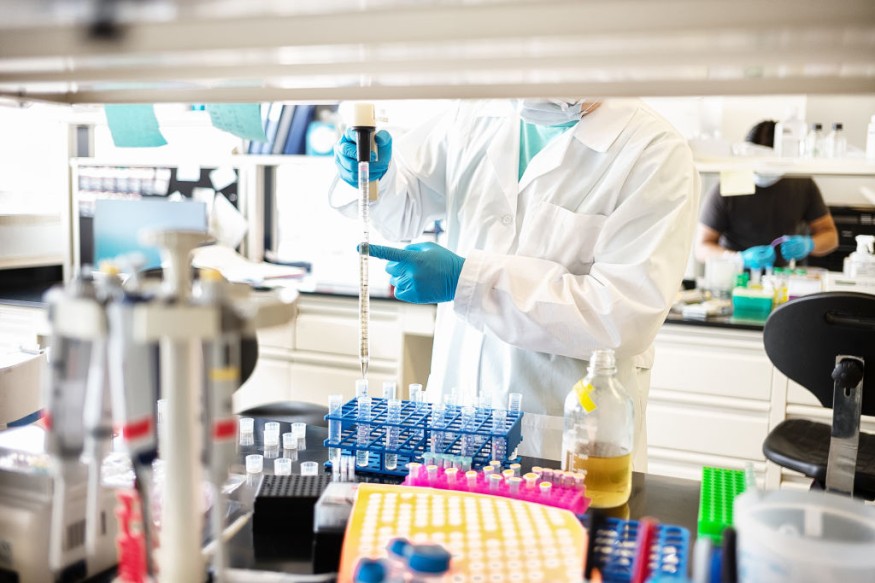AstraZeneca company announced on Monday the results of its Phase III COVID-19 treatment trial which showed that their antibody drug is the first of its kind to both prevent and treat COVID-19, and cut the risk of severe COVID-19 by at least 50 percent.
The latest data will be discussed for authorization following the August results that showed cut off symptoms by 77 percent.
AstraZeneca's AZD7442, a long-acting antibody (LAAB) combination, statistically achieved more significant reduction in severe COVID-19 cases or deaths than in mild-to-moderate symptoms without hospitalization.
The latest results of the trial specifically suggests that risk of severe COVID-19 or death was halved if the drug is taken within seven days of COVID-19 symptoms. 18 out of 407 people who had gotten the drug developed severe COVID-19 or died. Meanwhile, out of 415 people who got a saline injection, 37 had developed severe case.
Significant need of therapy for vulnerable populations

"With continued cases of serious COVID-19 infections across the globe, there is a significant need for new therapies like AZD7442 that can be used to protect vulnerable populations from getting COVID-19 and can also help prevent progression to severe disease. These positive results show that a convenient intramuscular dose of AZD7442 could play an important role in helping combat this devastating pandemic," says Hugh Montgomery, Professor of Intensive Care Medicine at University College London, and TACKLE principal investigator.
Mene Pangalos, Executive Vice President, BioPharmaceuticals R&D, AstraZeneca, added that the latest results add to the growing body of evidence that using this therapy is both effective in preventing and treating COVID-19. "An early intervention with our antibody can give a significant reduction in progression to severe disease, with continued protection for more than six months."
AstraZeneca is yet to discuss the data with health authorities and await authorization of the US Food and Drug Administration for Emergency Use Authorization for AZD7442 for prophylaxis of COVID-19, after having requested this on 5 October 2021.
Additional immune response to getting vaccinated
At day 29 of the TACKLE study, it is expected that the AstraZeneca drug will have lasting impacts and participants should be followed up to 15 months.
Penny Ward, visiting professor in pharmaceutical medicine at Kings College, London, said in a statement that long-lasting protection, up to 12 months, may be "a useful addition for immune-suppressed individuals whose response to vaccination is suboptimal."
Ward added that unlike oral pills, monoclonal antibody treatments given as an injection, such as AstraZeneca's, don't interfere with other medicines. This "may potentially make administration simpler for these patients," she said.
AstraZeneca also stated that around 90% of those who participated in the trial "had baseline co-morbidities and other characteristics that put them at high risk of progression to severe COVID-19, including cancer, diabetes, obesity, chronic lung disease or asthma, cardiovascular disease or immunosuppression."
While the details of side effects were not much reiterated in the press release, the drug is expected to be 'generally well tolerated.'
© 2026 NatureWorldNews.com All rights reserved. Do not reproduce without permission.





